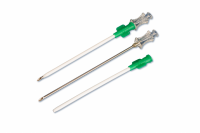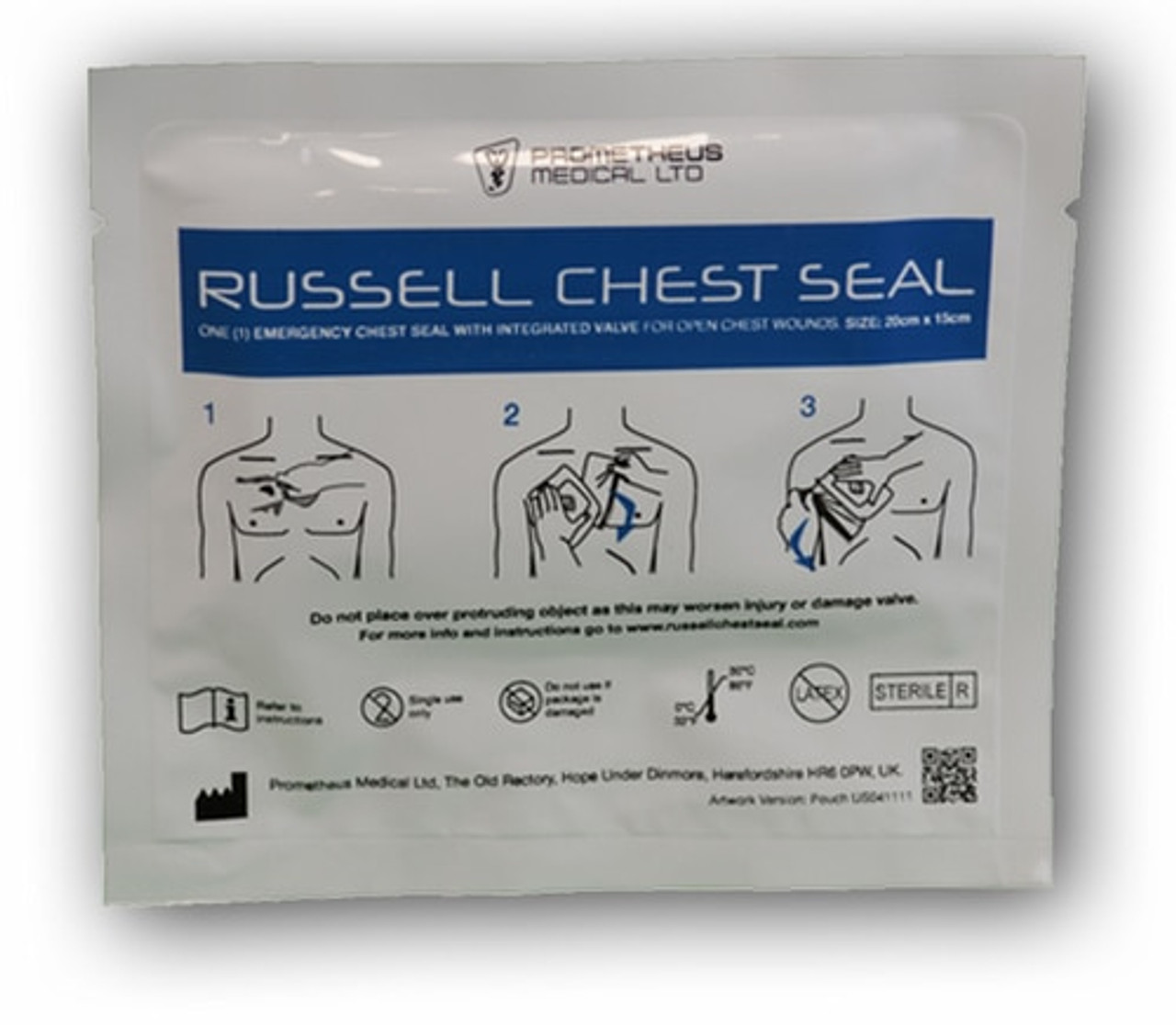Stage "R" of the M.A.R.C.H. algorithm pertains to the resuscitation of the patient. This stage involves immediate measures to maintain vital functions and stabilize the patient. The primary goal at this stage is to support circulation and vital organs.
Medical personnel take urgent actions to restore cardiovascular function. This may include cardiopulmonary resuscitation (CPR) with chest compressions and artificial ventilation. To stabilize circulation, infusions of fluids, blood transfusions, or the use of vasopressors to maintain arterial pressure may be employed.
Stage "R" also includes monitoring the patient's temperature and providing optimal conditions for their recovery. Maintaining an optimal thermal regime may involve the use of thermal blankets, passive cooling, or active heating, depending on the patient's needs.
During the "R" stage, continuous monitoring of vital signs such as heart rhythm, blood pressure, and oxygen levels is crucial. This allows medical personnel to promptly identify any deterioration in the patient's condition and take appropriate measures for stabilization.
Overall, the "R" stage of the M.A.R.C.H. algorithm is pivotal for patient resuscitation and ensuring the stable functioning of the body. A quick and effective response at this stage can help save the patient's life and prepare them for further treatment and rehabilitation.



